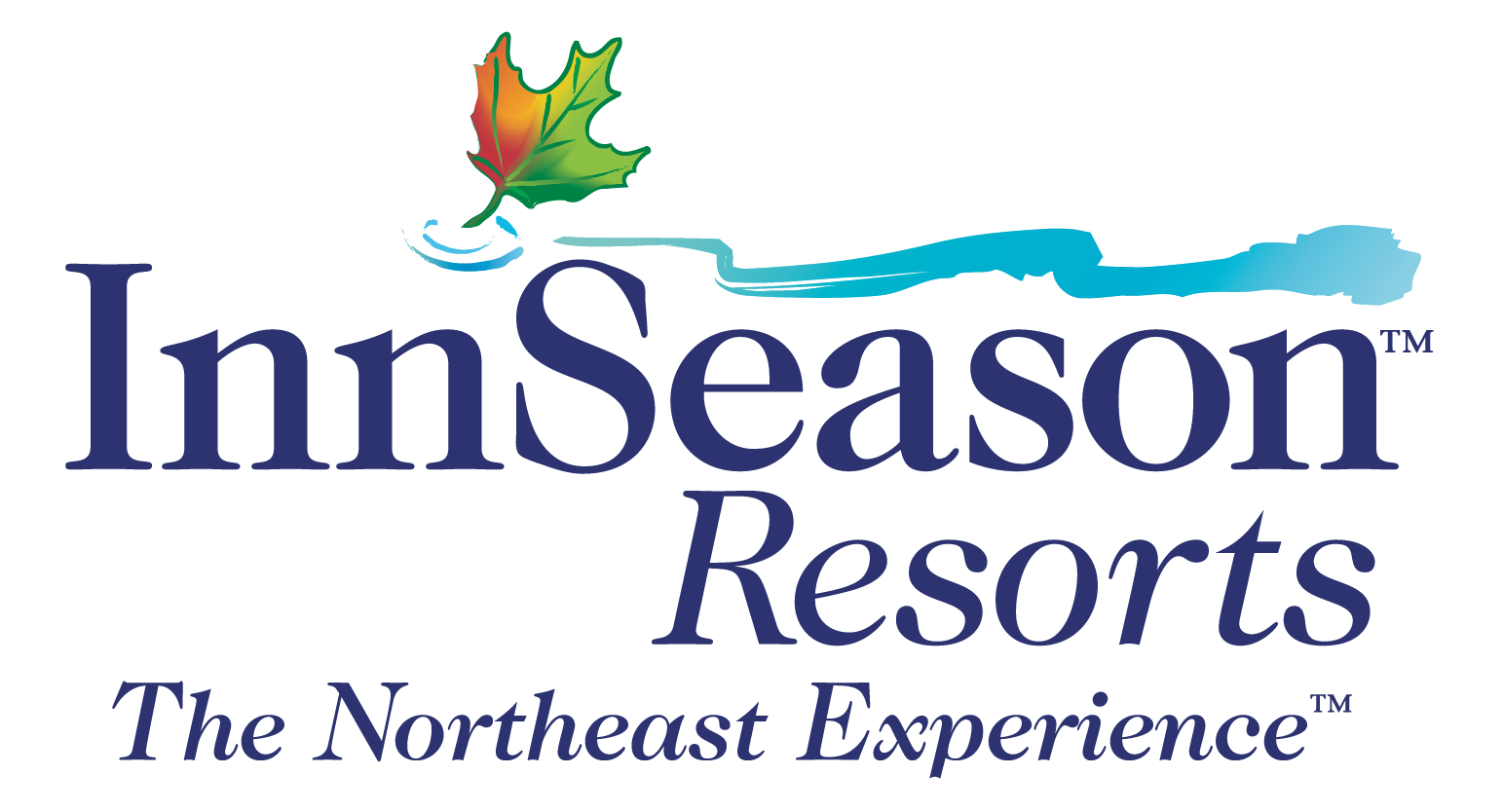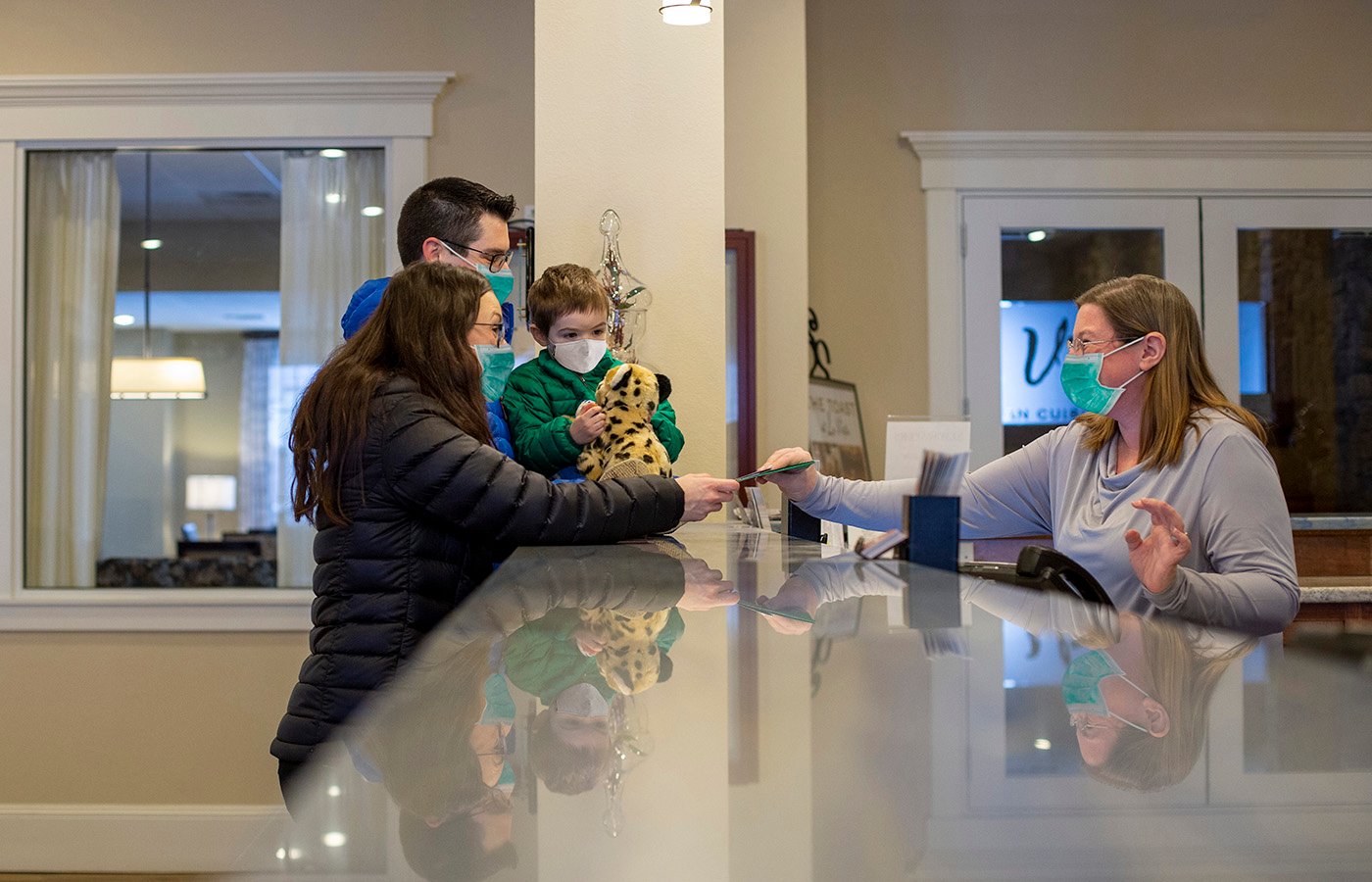This is part of our series "The Changing Face of Travel"...exploring specific topics and trends affecting travel in 2021 and beyond. To read more articles click here
While sipping champagne and awaiting the countdown for the clock to strike midnight, many of us were making grandiose travel plans for the new decade. 2020 was the year we’ll finally take that romantic getaway to Aruba or take the entire family to Disney World for the first time. But, 2020 had other plans for us. For the first time, the travel industry nearly came to a screeching halt across the planet due to a global pandemic.
In March 2020, it became clear that the coronavirus wasn’t stopping at borders and continued its rapid travel across the world. To limit the spread of COVID-19, more than 200 countries and territories worldwide imposed measures that restricted or deterred people from entering their respective borders, according to a report released recently by the United Nations World Tourism Organization, “Never before in history has international travel been restricted in such an extreme manner.”
New England states, such as Maine, New Hampshire, and Vermont took early proactive approaches to mitigate the virus risks and faced low infection rates compared to other states across the country. While many hearty New Englanders were disappointed to cancel their warm destination travel plans in the late winter months, the attention shifted to exploring their own backyards this summer.
Booming Regional Travel Plans
With almost all international borders closed to American citizens, many people looked to local and regional travel to scratch their need to get out of the house. Kate Van Waes of the American Hiking Society said in a recent article in The Cut, “there actually has been a 200 percent increase in trail usage in cities across the country during the pandemic, starting in the late spring.” Outdoor activities provide the perfect opportunity to get out of the house, stay active, and remain socially distant from others. And there is no better place to enjoy hiking and other outdoor activities than New England.
While many states began reopening their businesses and borders in June, most states implemented state-by-state travel restrictions that required travelers to take a negative COVID-19 test and/or quarantine for at least 14 days. However, due to the low number of cases in many of the northern New England states, travel between Maine, New Hampshire, and Vermont was relatively easy.
The loosening of some travel restrictions began to present economic opportunity to a devastated tourism industry, but also created uncertainty of how to provide safe services and peace of mind to potential out of state travelers as well as community members within the tourism destinations themselves. But perhaps the biggest challenge operationally for businesses was actually finding staff to work while figuring out how to create safe work environments in order to remain open. “It was tough on all of our staff this year.” Said Steve Furrer, Chief of Resort Operations, InnSeason Management, Inc. “We did more work and a harder job with less people.”
Meanwhile, each tourism destination throughout New England was trying to understand and prepare for the typically busy summer season without knowing exactly where the guests would be coming from. By early summer there were already huge disparities in travel habits beginning to emerge, with some destinations seeing increased numbers and others seeing almost no traffic at all. While some businesses were forced to close their doors during this time, others struggled to maintain a balance between increased demand, guest expectations amid staffing shortages, guest and worker safety, as well as the overall public perception that came from every decision.
InnSeason Resorts, a premier resort development and vacation ownership company in New England, saw an increase in local guests in many of their resort locations across Cape Cod, coastal Maine, and the mountains of New Hampshire. Erin Speakman, InnSeason’s Customer Service General Manager said, “In addition to our traditional overnight resort experience, we also offer vacation ownership products that can be exchanged for properties around the world. This year however, many owners were taking advantage of their home property here in New England during a time of year when they might typically exchange for other destinations. We had people begging for space during the busy summer season.”
Public safety and staffing shortages weren’t the only challenges facing some tourism communities this summer. While the news reported massive layoffs in the travel industry and record unemployment in some areas of the country, the White Mountains of New Hampshire saw a huge spike in visitors during the summer months. However this influx of first time visitors, combined with severe capacity restrictions on family attractions (some allowing only 25% of capacity), began to overwhelm the area’s famous natural attractions, hiking trails and even hidden local swimming holes. “It definitely caused some problems” Said Kim Pickering, Executive Director of the Western White Mountains Chamber of Commerce. “Many of our hiking trails and parking lots were severely abused throughout that time, where we were pulling off truckloads of trash from our trails. Finding that right balance of visitors that create our economy and local folks was challenging. So there was a big education piece that really needed to happen to help educate people on how to travel responsibly and respect local areas and people who live here.”
While attractions and natural areas in the White Mountains struggled with the opposite extremes of the pandemic impact, some lodging properties became a welcome sanctuary to those looking to flee more populated (and higher Covid count) areas. As Fraser Kirkpatrick, General Manager of InnSeason Resorts Pollard Brook noted, “When you think about it, with the kitchens and the way that we’re setup here, it’s ideal for hunkering down.” Referring to the larger sized, apartment style units that vacation ownership properties like Pollard Brook typically offer. “What would be better than getting out of the city and heading north and hanging out in the apartment up here. There’s wifi, so your kids can do schooling, you can cook your own meals and don’t ever have to leave the apartment.”
As summer approached, other states in New England began to loosen restrictions due to falling case numbers in surrounding states. In early July, New York City was deemed a “safe” place after it reached its peak in spring and New Yorkers began flocking to New England again, especially coastal Maine, just in time to help preserve a beleaguered industry that relies on a short but extremely vibrant summer season to survive. As Alice Pearce, Executive Director of the Ogunquit Chamber of Commerce stated, “We were very, very nervous until right before the fourth of July when Governor Mills made New York, New Jersey and Connecticut non-exempt states, because prior to that the only people who could stay in a lodging property were Maine residents.”
By the height of summer it was clear that the travel landscape in New England (along with most of our daily lives) was going to remain unpredictable at best as tourism destinations and the hospitality industry began to navigate this uncharted territory.
The Future of Travel in 2020 and Beyond
If there are any positives to come out of this pandemic and being "stuck at home" one is certainly the realization that getting away with family and friends to enjoy nature is truly a gift that many of us have overlooked for far too long. As the summer months passed, a clear theme emerged in countless posts on social media. 2020, given all it's challenges, became the year when many of us "rediscovered" the simple joy of just getting outside, while others finally discovered the spectacularly diverse landscape surrounding us here in the northeast...without ever having to get on a plane.
As Brian Willette, Vice President of Sales for RiverWalk Resort at Loon Mountain & InnSeason Resorts stated “You often times don’t think about something until you’re told you can’t have it - then you miss it.” referring to the early travel bans and prospect that the summer might include a complete lock-down of all travel. “With all the uncertainty, people are looking to get back to the basics and what we found is that places like the White Mountains of NH are perfectly poised for people to come up and responsibly travel with their family.” This seemed to be a common theme in several tourism destinations throughout New England, particularly those located in less densely populated areas such as northern NH and Maine. “We’ve seen people really enjoying some of those simple pleasures, and they’re getting back to what’s important as a family. You’re not seeing kids focused on their devices as much...they’re doing things as a family”
As many have discovered (or re-discovered) this year, New England offers an abundance of incredible natural attractions that can provide the wanderlust we need and desire, without ever getting on a plane or spending precious days in a car. At the same time we can support the regional economy and maybe discover some of the local hidden gems along the way that help make New England such a special place.
But the big question for hospitality businesses in New England moving forward is...what will next year look like? As Wendy Northcross, Chief Executive Officer of the Cape Cod Chamber of Commerce put it, “I think people will want to drive and be the master of their own fate and control their own environment for the next several years. I do think that people will travel around the globe again, but for now they’re going to find ways to recreate and continue to discover their own backyard.”
New England Tourism industry - roundtable discussion - Nov 2020
One of the most amazing aspects of New England is the ability to get in a car and drive just a couple hours and be in a completely different environment - from the dunes of the cape, to the top of a mountain, to some of the most vibrant cities in the country. So go ahead, eat lobster rolls while watching the moon rise over Cape Neddick's Nubble Lighthouse in Southern Maine or hike the world-famous Franconia Ridge Loop Trail in New Hampshire’s White Mountains. Or, just park your bottom in the sand under an umbrella on Cape Cod...the beauty of it is, you could do it all in a weekend
New Englanders are a resilient bunch. We survive long and cold winters to enjoy a few short months of warmth. A global pandemic won’t stop us from exploring the world. While our passports may stay home for a while longer, we don’t need one to explore our own backyards. It’s time to embrace the regional travel trend and enjoy the best of New England more often. You never know what hidden gem you may find!







